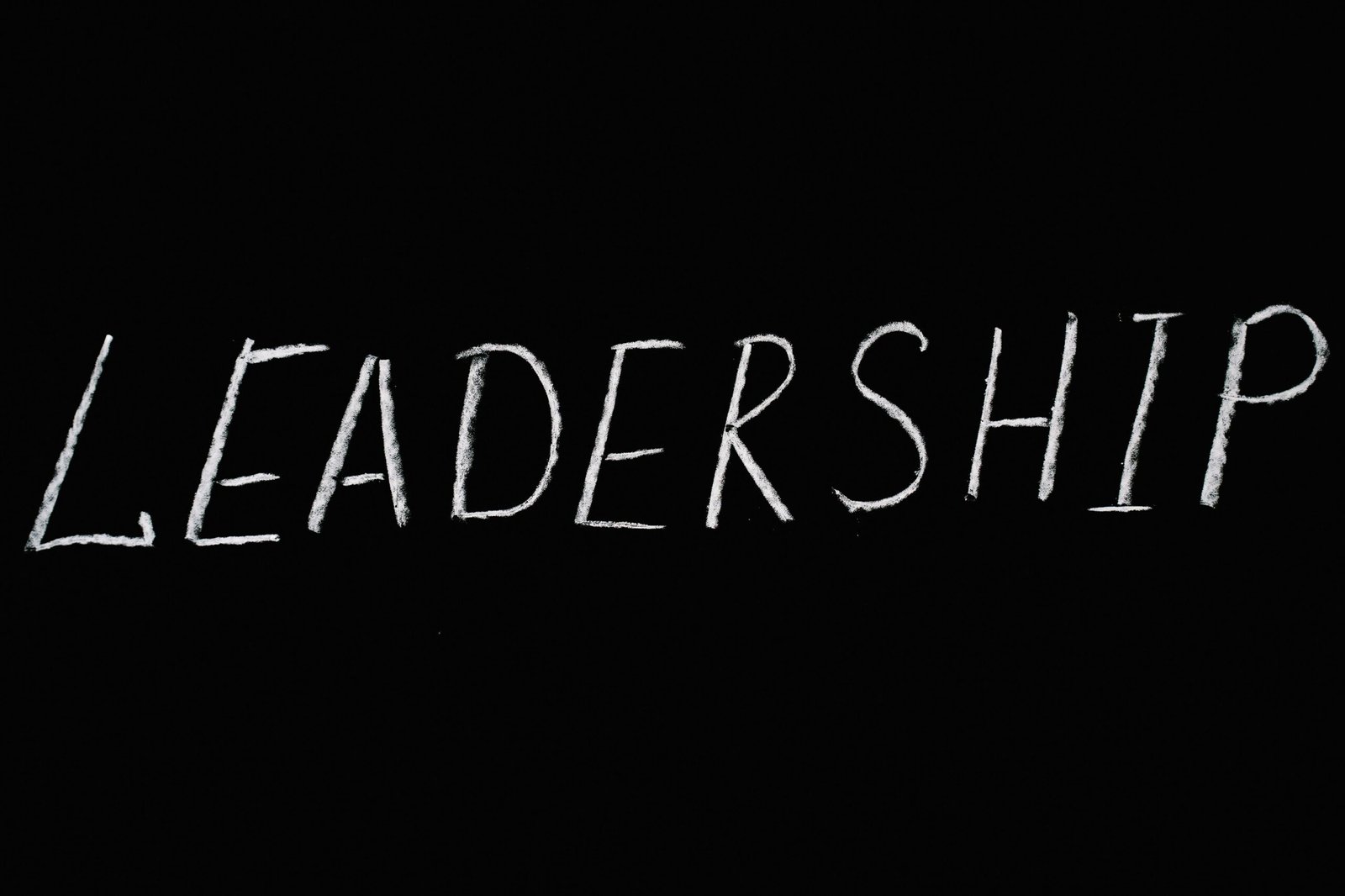
As we step further into the digital age, the skills required to succeed in the workplace continue to evolve. In 2025, professionals will need a blend of technical expertise, emotional intelligence, and adaptability to stay ahead. Let’s explore the top 10 skills predicted to dominate the future job market:
1. Digital Literacy and Technology Skills

In a world driven by technological advancements, understanding and leveraging digital tools will be indispensable. Proficiency in artificial intelligence (AI), data analysis, cloud computing, and emerging technologies like blockchain and quantum computing will set candidates apart. Digital literacy isn’t just about using tools; it’s about mastering them to enhance productivity and drive innovation. Professionals who can adapt quickly to new platforms, software, and tech trends will be highly sought after. Moreover, fields like cybersecurity, machine learning, and robotics are growing exponentially, creating opportunities for those with the right skills. Staying updated with the latest trends and tools ensures individuals can contribute effectively in tech-driven environments. Continuous learning through online courses, certifications, and practical applications is critical for staying relevant in this fast-paced domain.
2. Emotional Intelligence (EQ)

Emotional intelligence remains crucial as workplaces prioritize collaboration and mental well-being. EQ involves understanding and managing one’s emotions and empathizing with others. It helps individuals navigate interpersonal relationships, resolve conflicts, and foster a positive work environment. In 2025, as hybrid and remote work models continue to dominate, EQ will be even more essential for maintaining strong connections with colleagues and teams. Leaders with high EQ can inspire trust and loyalty while also creating inclusive environments where everyone feels valued. EQ also enhances decision-making and stress management, which are critical in high-pressure situations. Professionals can develop EQ by practising active listening, reflecting on feedback, and building self-awareness. Organizations are increasingly recognizing the value of EQ, making it a key skill for leadership roles and team dynamics.
3. Critical Thinking and Problem-Solving
The ability to analyze complex situations and devise innovative solutions is a core skill for 2025. Critical thinking allows professionals to evaluate information objectively, identify patterns, and make well-informed decisions. Problem-solving goes hand in hand with critical thinking, enabling individuals to address challenges efficiently and effectively. In a world where industries are rapidly evolving, these skills are invaluable for navigating uncertainty and driving progress. Whether it’s optimizing processes, improving customer experiences, or developing new products, critical thinking is the foundation for innovation. Professionals can hone these skills by engaging in activities like brainstorming, scenario planning, and collaborative decision-making. Employers value employees who can think independently and provide actionable insights, making critical thinking a must-have for career success.
4. Adaptability and Resilience

With industries undergoing rapid changes, adaptability has become a non-negotiable skill. Resilience—the ability to recover from setbacks and remain productive under pressure—will enable professionals to navigate uncertainties with confidence. In 2025, businesses will face unprecedented challenges, from technological disruptions to global economic shifts. Employees who can pivot quickly, embrace new roles, and learn new skills will stand out. Resilience also involves maintaining a positive mindset and finding opportunities in adversity. Developing this skill requires mental flexibility, openness to feedback, and a commitment to self-improvement. Organizations are now seeking individuals who thrive in dynamic environments and contribute to a culture of growth and innovation. Building adaptability and resilience is essential for long-term career success and personal growth.
5. Creativity and Innovation
Creativity fuels innovation, which is essential for businesses seeking to stand out in competitive markets. Professionals who can think outside the box and bring fresh ideas to the table will be highly sought after. Creativity is not limited to artistic endeavours; it extends to problem-solving, process optimization, and product development. Innovation involves taking creative ideas and implementing them effectively, resulting in tangible benefits for businesses. In 2025, creativity will play a pivotal role in driving digital transformation and customer engagement. Professionals can nurture creativity by exploring diverse perspectives, experimenting with new approaches, and staying curious. Companies are actively fostering environments that encourage brainstorming and collaboration, recognizing that innovation is a collective effort. Embracing creativity and innovation will empower individuals to make a meaningful impact in their industries.
6. Leadership and Social Influence

Leadership is no longer confined to those in management roles. The ability to inspire, guide, and influence others is essential at every level. In 2025, leadership will involve creating a shared vision, fostering collaboration, and empowering teams to achieve their goals. Social influence, on the other hand, is about building trust and credibility within professional networks. Effective leaders prioritize communication, empathy, and adaptability to navigate complex challenges. They also act as mentors, nurturing talent and promoting a culture of growth. Leadership is not a static skill; it requires continuous development through experience, training, and feedback. Organizations value individuals who demonstrate initiative and take ownership of their responsibilities. By developing leadership and social influence, professionals can drive positive change and create lasting impact.
7. Data and Analytical Thinking

In the age of big data, the ability to interpret and draw insights from data is paramount. Analytical thinking allows professionals to make data-driven decisions, predict trends, and improve organizational strategies. Data literacy involves not only understanding numbers but also identifying patterns, correlations, and actionable insights. As data becomes the backbone of industries like healthcare, finance, and marketing, professionals with strong analytical skills will be in high demand. Tools like Python, R, and SQL are becoming standard for data analysis, while visualization platforms like Tableau and Power BI enhance storytelling with data. Continuous learning and practical application are key to mastering this skill. Analytical thinking empowers individuals to solve complex problems, optimize operations, and contribute to strategic decision-making, making it an invaluable asset for 2025.
8. Communication Skills
Effective communication remains a timeless skill. Whether verbal or written, clear and persuasive communication is crucial for collaboration, presentations, and client interactions. In 2025, professionals must master conveying ideas concisely and confidently. Communication extends beyond words; it includes body language, tone, and active listening. Strong communicators can build relationships, resolve conflicts, and inspire action. With remote and hybrid work becoming the norm, digital communication skills—such as writing compelling emails or leading virtual meetings—are increasingly important. Professionals can improve their communication by seeking feedback, practising public speaking, and focusing on clarity. Organizations value individuals who can articulate their ideas effectively, making communication skills essential for career growth and team success.
9. Cultural Intelligence and Diversity Management

As workplaces become increasingly global and diverse, understanding and respecting cultural differences will be key. Cultural intelligence enables professionals to navigate international environments and build inclusive teams that embrace diversity. In 2025, businesses will prioritize diversity and inclusion as drivers of innovation and collaboration. Professionals with cultural intelligence can bridge gaps, foster mutual understanding, and create harmonious work environments. This skill involves being aware of one’s own biases, learning about different cultures, and adapting to varied communication styles. Diversity management also includes promoting equity and ensuring that all team members feel valued. By developing cultural intelligence, professionals can contribute to more inclusive workplaces and drive better business outcomes.
10. Sustainability and Environmental Awareness
Sustainability is no longer just a buzzword; it’s a necessity. Businesses prioritise eco-friendly practices, and employees who understand environmental impacts and advocate for sustainable solutions will be invaluable in shaping a greener future. In 2025, sustainability will influence industry decisions, from supply chain management to product design. Professionals can develop this skill by staying informed about environmental issues, participating in sustainability initiatives, and advocating for responsible practices. Organizations are increasingly aligning their goals with environmental, social, and governance (ESG) criteria, creating opportunities for those with expertise in this area. Embracing sustainability benefits the planet and enhances business resilience and reputation, making it a critical skill for the future.
Preparing for the Future
The key to thriving in 2025 lies in a commitment to lifelong learning. Here are some actionable steps to develop these skills:
- Invest in Education: Enroll in courses and certifications that enhance your technical and soft skills.
- Embrace Change: Stay open to new technologies and approaches, and continuously update your knowledge base.
- Practice Emotional Intelligence: Reflect on your emotions, seek feedback, and work on empathetic communication.
- Stay Curious: Explore different industries, cultures, and practices to broaden your perspective.
Conclusion
The future workplace will reward those who blend technical expertise with emotional intelligence, creativity, and adaptability. By cultivating these top 10 skills, you can not only secure your place in the evolving job market but also contribute meaningfully to a rapidly changing world. Start preparing today, and position yourself as a future-ready professional in 2025 and beyond.
